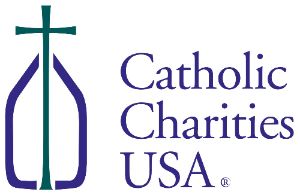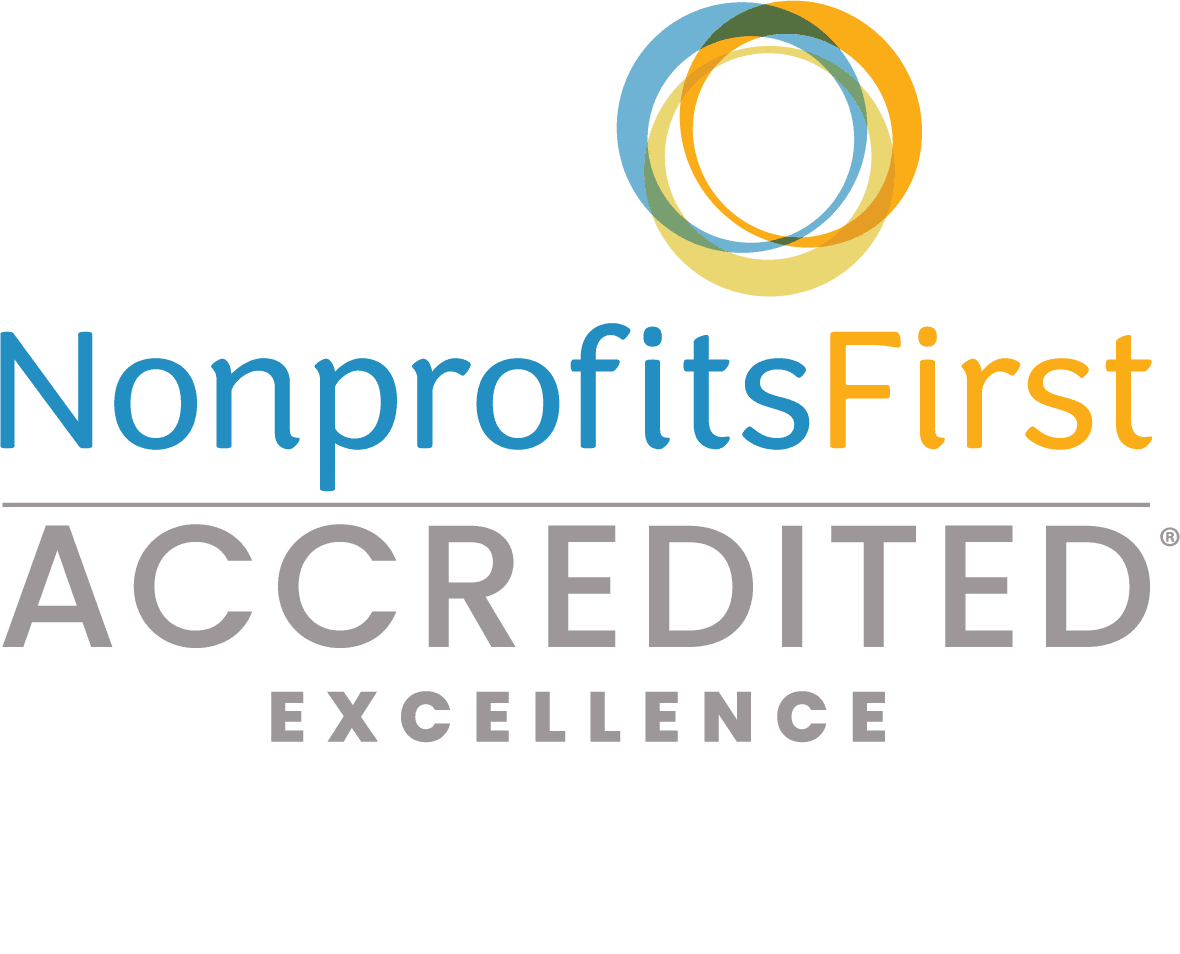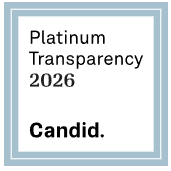Donor Bill of Rights
Philanthropy is based on voluntary action for the common good. It is a tradition of giving and sharing that is primary to the quality of life. To assure that philanthropy merits the respect and trust of the general public, and that donors and prospective donors can have full confidence in the not-for-profit organizations and causes they are asked to support, we declare that all donors have these rights:
I. To be informed of the organization's mission, of the way the organization intends to use donated resources, and of its capacity to use donations effectively for their intended purposes.
II. To be informed of the identity of those serving on the organization's governing board, and to expect the board to exercise prudent judgment in its stewardship responsibilities.
III. To have access to the organization's most recent financial statements.
IV. To be assured their gifts will be used for the purposes for which they were given.
V. To receive appropriate acknowledgement and recognition.
VI. To be assured that information about their donation is handled with respect and with confidentiality to the extent provided by law.
VII. To expect that all relationships with individuals representing organizations of interest to the donor will be professional in nature.
VIII. To be informed whether those seeking donations are volunteers, employees of the organization or hired solicitors.
IX. To have the opportunity for their names to be deleted from mailing lists that an organization may intend to share.
X. To feel free to ask questions when making a donation and to receive prompt, truthful and forthright answers.
The Donor Bill of Rights was created by the Association of Fundraising Professionals (AFP), the Association for Healthcare Philanthropy (AHP), the Council for Advancement and Support of Education (CASE), and the Giving Institute: Leading Consultants to Non-Profits. It has been endorsed by numerous organizations.
Donor Privacy Protections
Catholic Charities follows the Code of Ethical Principles outlined by the Association of Fundraising Professionals. As it relates to donor privacy and confidentiality, Catholic Charities shall:
- not disclose privileged or confidential information to unauthorized parties.
- adhere to the principle that all donor and prospect information created by, or on behalf of, an organization or a client is the property of that organization or client.
- give donors and clients the opportunity to have their names removed from lists that are sold to, rented to or exchanged with other organizations.
- when stating fundraising results, use accurate and consistent accounting methods that conform to the relevant guidelines adopted by the appropriate authority




